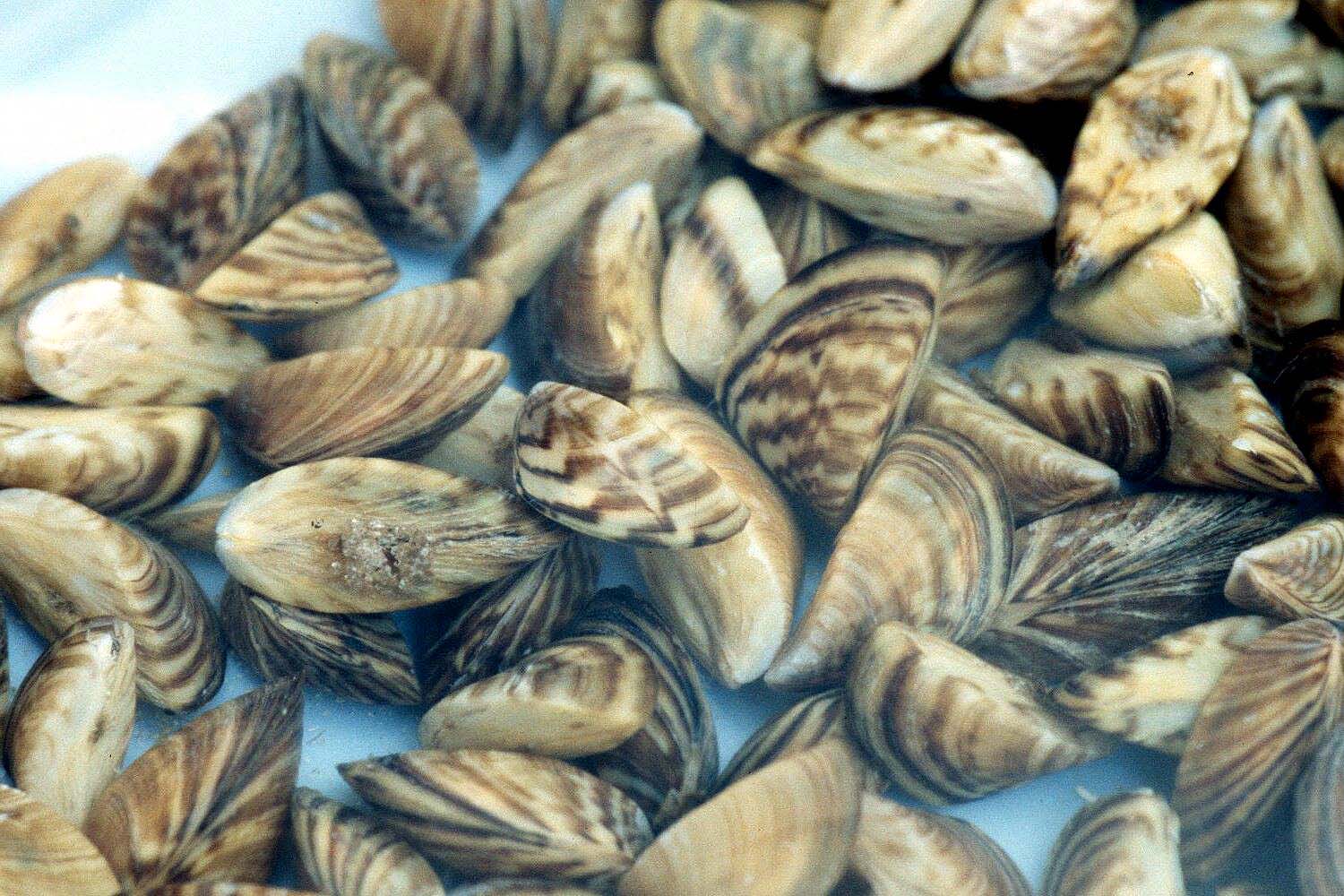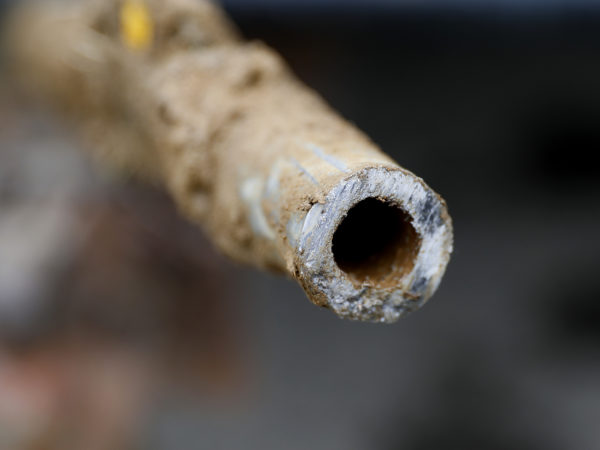
A new national investment is supporting a Great Lakes Sea Grant Network effort to work with multiple partners, including aquarists, water gardeners, educators and anglers, to prevent the spread of aquatic invasive species in the region.Last week in Toledo, Ohio, Cameron Davis, Senior Advisor for the U.S. Environmental Protection Agency, announced the newest projects being funded by EPA through the Great Lakes Restoration Initiative. Among the 28 projects worth over $12.5 million, 15 tackle invasive species. One of these new national investments is supporting a Great Lakes Sea Grant Network effort to work with multiple partners, including aquarists, water gardeners, educators and anglers, to prevent the spread of aquatic invasive species in the region. The University of Minnesota Regents will handle the $500,000 in funding through the University’s Sea Grant Program in Duluth.
“The last six years of work leading up to this new project is paying off with a shift in people’s willingness to clean their boats and keep their pets and plants from escaping into the environment,” said Doug Jensen, Minnesota Sea Grant’s Aquatic Invasive Species Program Coordinator. “During the next two years, thanks to the Great Lakes Restoration Initiative, we expect to continue the momentum and the trend.”
According to Minnesota Sea Grant, prevention messages supported by the Stop Aquatic Hitchhikers!TM and HabitattitudeTM campaigns have 40 percent more people finding new homes for unwanted pet fish and plants, and cleaning off their boats since 2006.
Over the next two years, the Great Lakes Sea Grant Network, led by Minnesota, will create a regional collaborative to support surrender events where people can give up unwanted fish. The Minnesota Aquarium Society and Minnesota Sea Grant hosted their first-ever surrender event in January near Minneapolis, Minn., helping to rehome over 100 fish. The Network also plans to use project funds to host a symposium in Milwaukee, Wisc., to discuss ways of improving the surrender events and to share research concerning aquatic invaders that spread due to releases and escapes. As part of the two-year endeavor, the Sea Grant programs in Minnesota, New York, Pennsylvania and Wisconsin will be particularly active with 6-12 grade educators, working on developing and sharing lessons about the escape or release of unwanted pets and study specimens. Sea Grant will also be continuing the Stop Aquatic Hitchhiker’s messaging to boaters and anglers, encouraging them to clean their boats and recreational equipment before reuse and to not dump unwanted bait into lakes and rivers.
“To protect our waters for the enjoyment of future generations, we need to continue our successes,” said Jensen. “We’ve found that once people understand the threats and consequences, what to do and why, they very likely will do it.”




